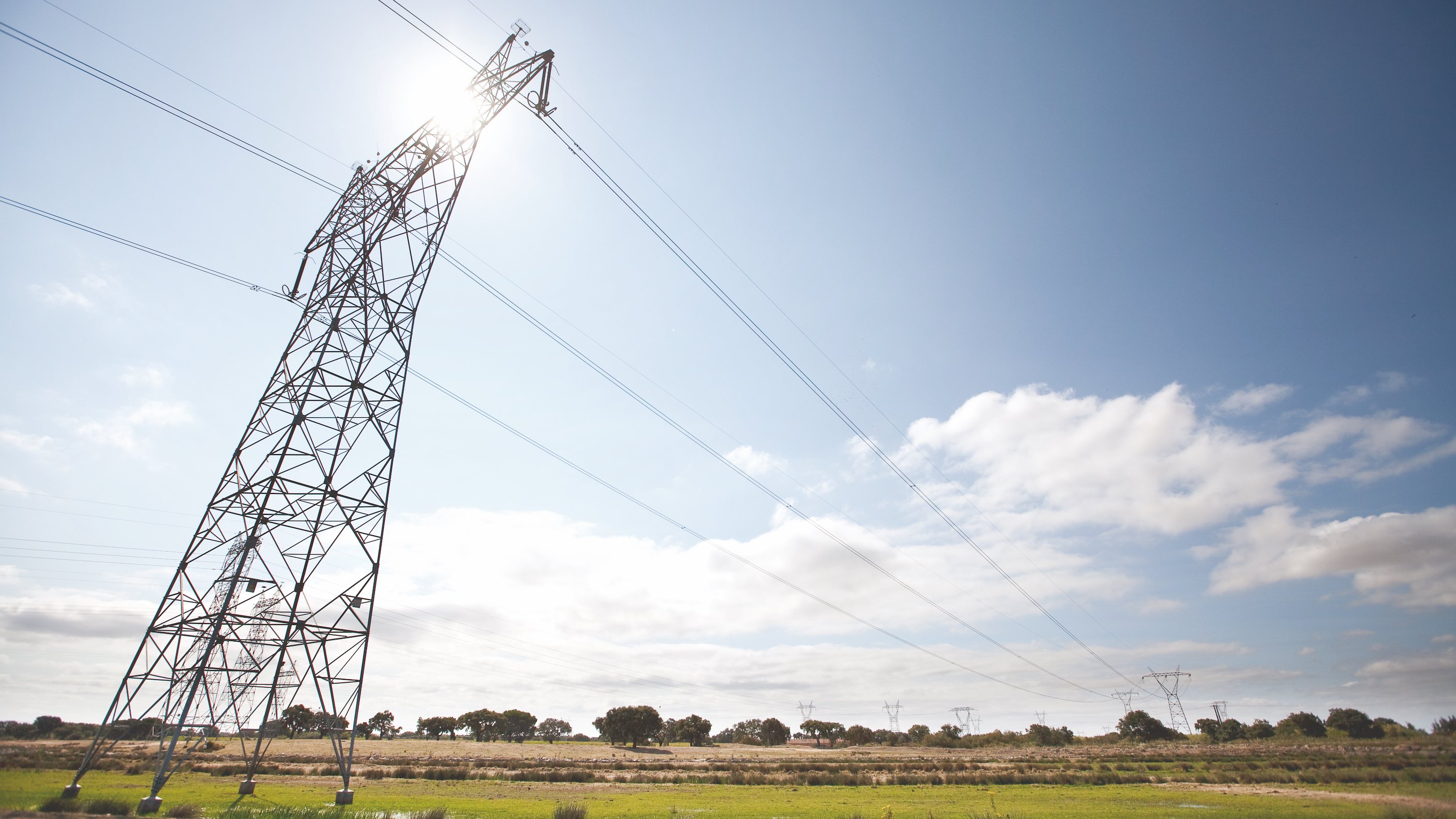Everyone wants quality, supply and low costs, but no one wants the power line to pass through their farm, the municipality or even the district. It’s always better if it’s from the neighbor. “And if we continue with this way of acting, we will not have a network anywhere.” The outburst was made by the director of a company that has to build another 1,500 kilometers of new very high voltage line in the next three or four years to absorb all the renewable supply that is being built and planned. This expansion means adding 15% to the current power transmission network, REN administrator João Conceição told the APREN (Renewable Energy Association) annual conference in Lisbon on November 16-17.
“It is extremely complex to obtain a license for a Very High Voltage (AT) network.” And not just because of environmental standards. “We are finding more and more some effect not in my backyard (yard)”. Licensing problems and the growing opposition of public opinion were obstacles highlighted by the manager in a panel dedicated to the challenges that the energy transition and the expansion of renewables pose to electricity grids. And if in this The panel, which also included the General Director of Energy and the President of E-Redes (EDP company that manages low voltage distribution), all stressed that it is essential to strengthen the capacity of the distribution networks, the manager of REN He left a message with the energy regulator.
Citing a recent interview with the former president of ERSE (Jorge Vasconcelos) who insisted on the same need, he defended that “this has not been the message that the regulatory authority has been transmitting when we present our investment plans.” João Conceição referred to past opinions of the Energy Services Regulatory Entity that recommended a reduction in the proposed investments to avoid negative impacts on the final bill. Investments in transmission and distribution networks are regulated and go through the Government and now through Parliament.
Financing was another issue identified by the panel. For the General Director of Energy, João Bernardo, the final price of electricity must reflect the use, that is, part of the bill must be paid by consumers, but there can and should be private financing, that is, community funds. Not even for the innovation components. The president of E-Redes, José Ferrari Careto, considered that there should not be “schizophrenic behavior” in which more investment is requested —because the ability to “squeeze” the networks to absorb more supply is limited— and worry only about the short term. And it can only attract longer-term investment, within a five-year horizon, with attractive rates of return.
The president of E-Redes also pointed to what he qualifies as one of the great challenges for the next five years and that affects promoters of renewable energies and network operators: “There are no human resources (in Portugal) to work on projects what we have ” . And if you join the projects that are in pipelineWith all the pressure that the energy transition is putting on investments across Europe and the need to rebuild Ukraine’s infrastructure, this “capacity will be used up quickly if nothing is done.”
Source: Observadora
